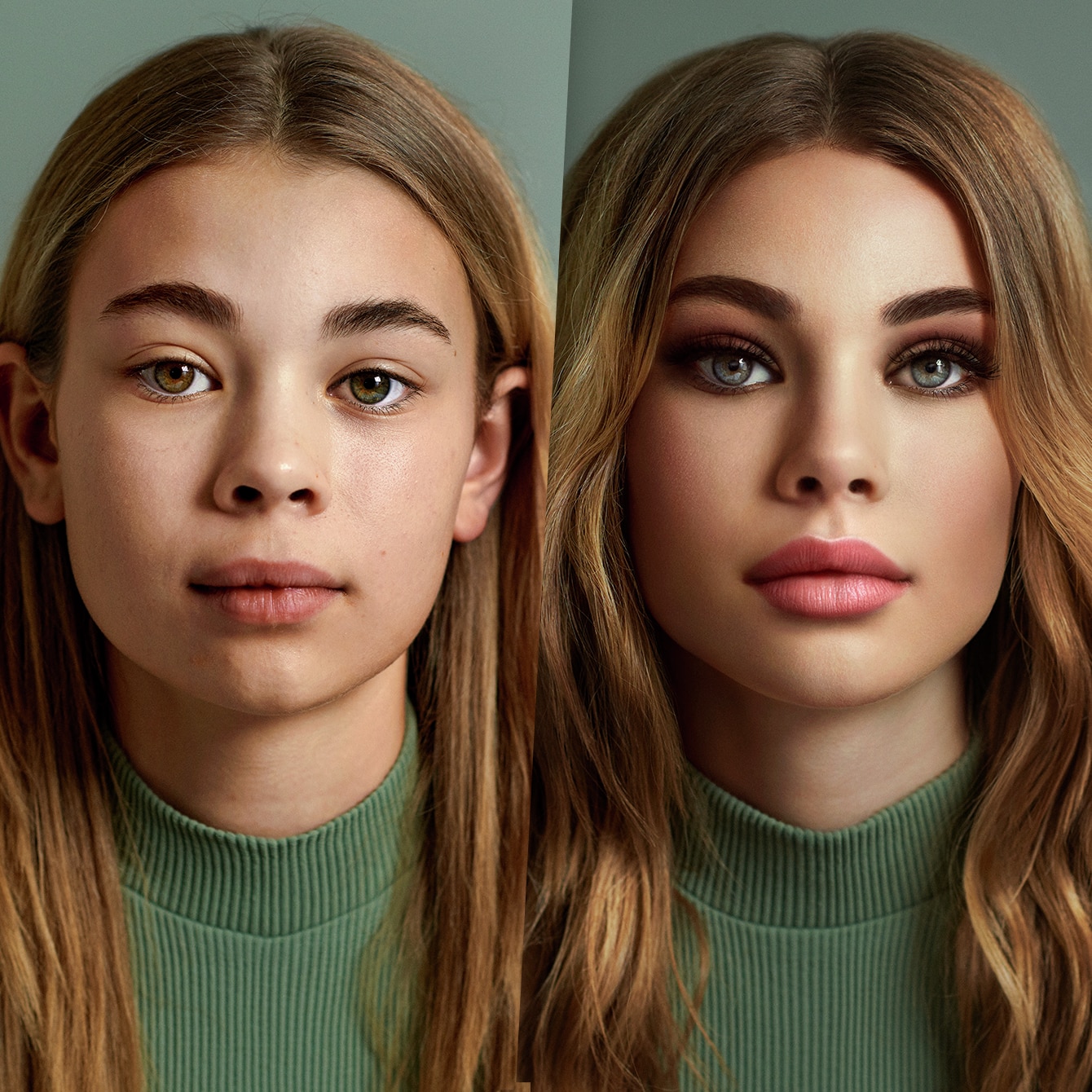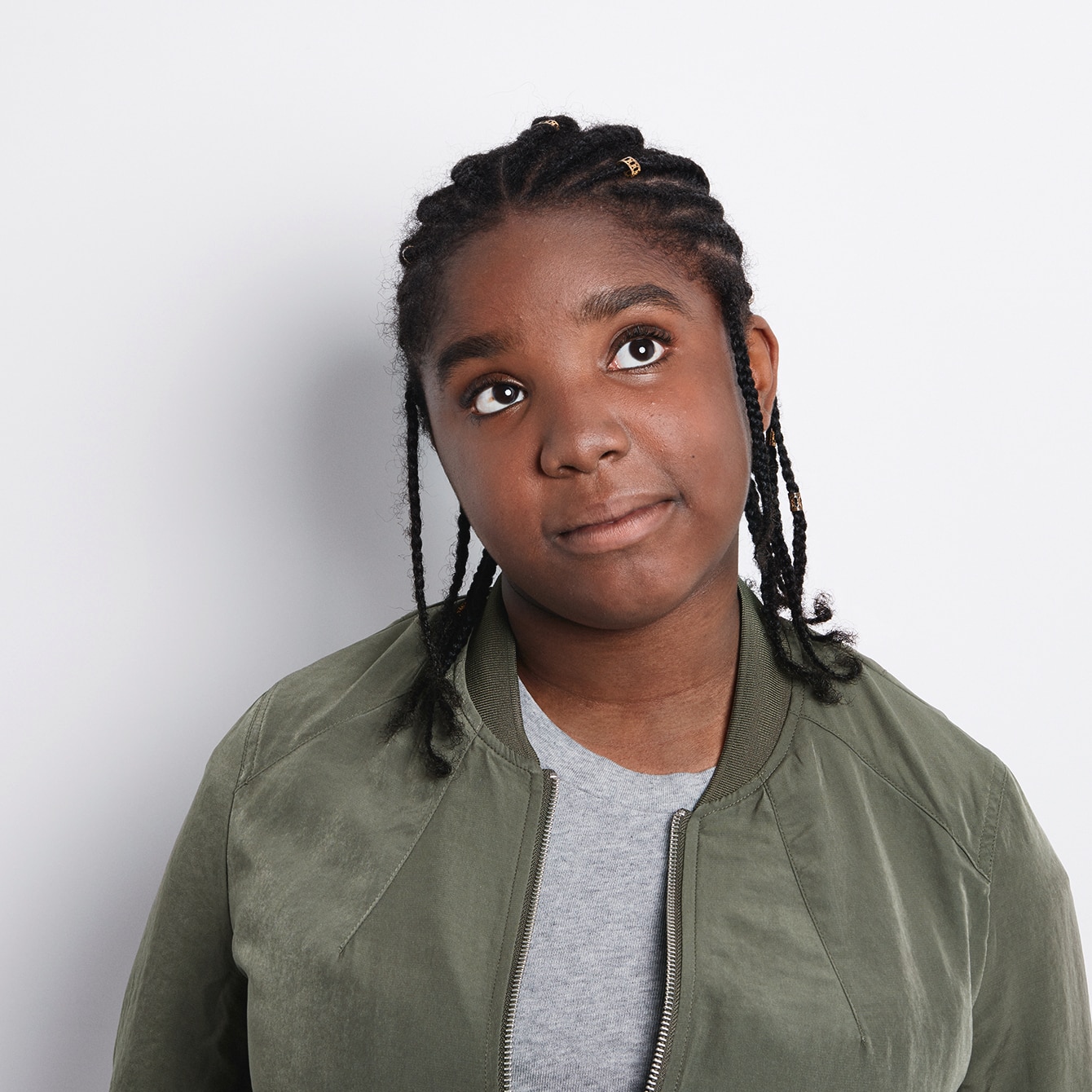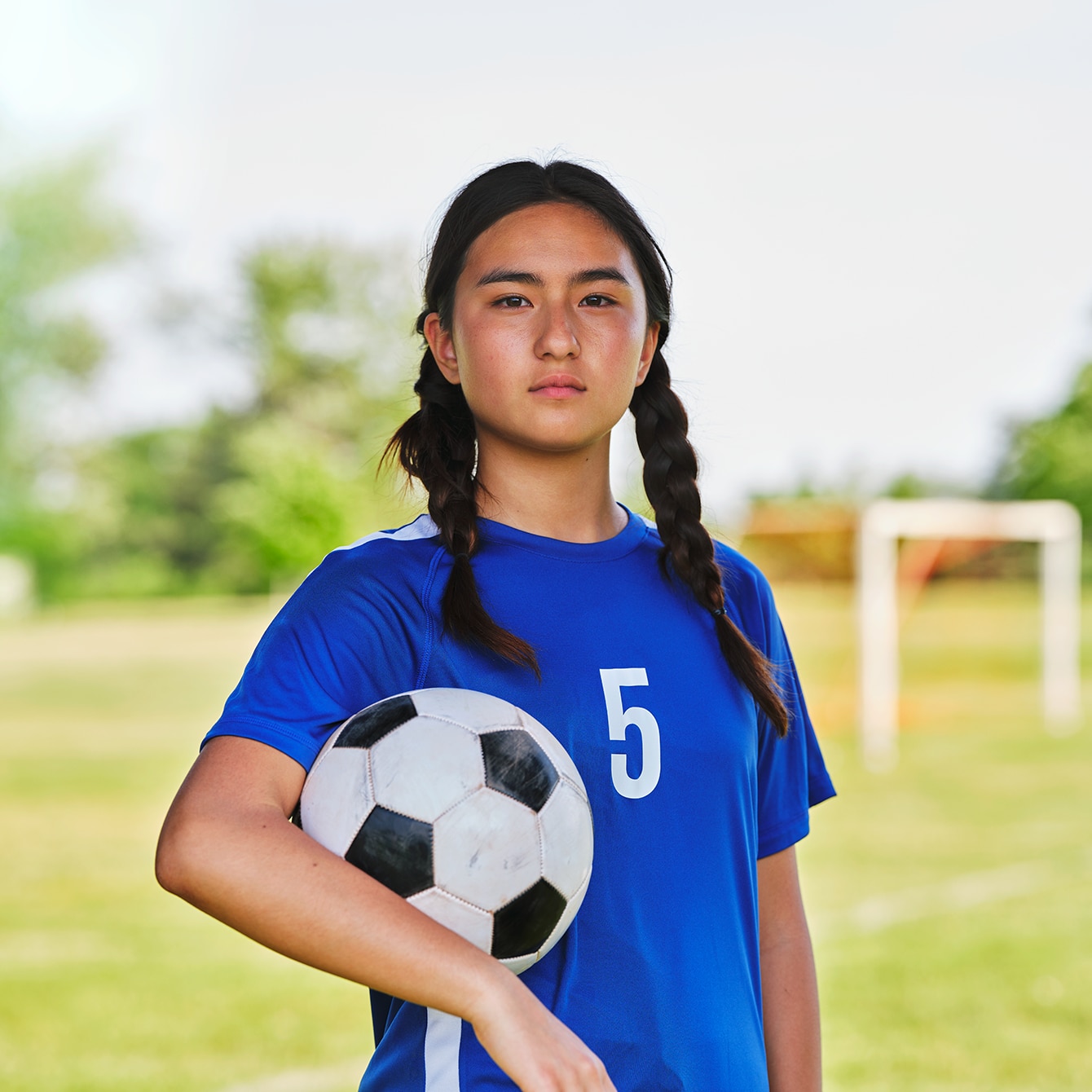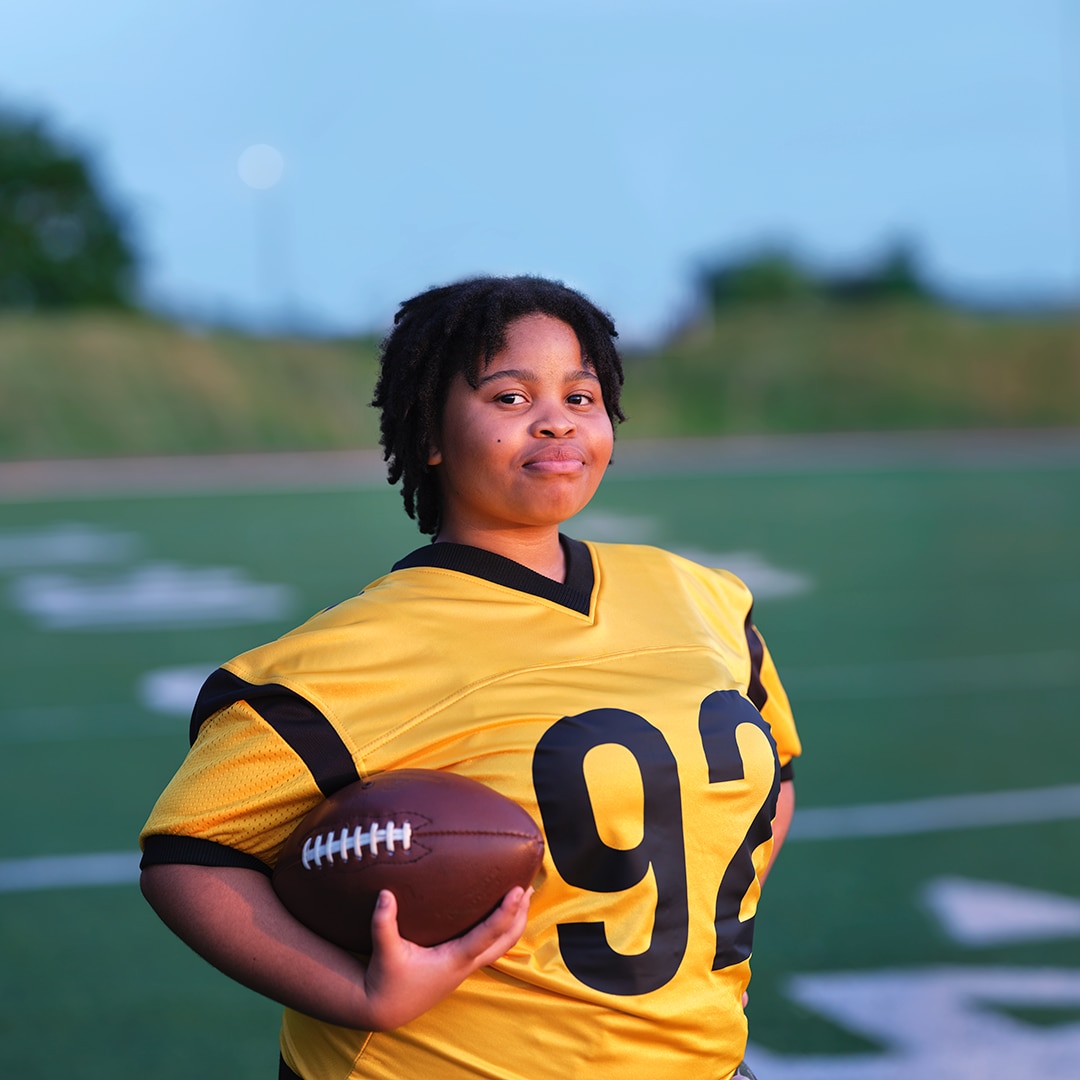Social media issues can permeate every aspect of a young person’s life. But what does social media make your child think about themselves? And how does it make them feel? Like many parents, carers and guardians, you might be seeking help and advice in understanding the positive and negative sides of social media.
It’s important to familiarize yourself with how social media works and its influence on your child – so then you can support them to use it in a healthy and positive way. We talked to teenage girls to find out what they love and hate about social media.
Teenage girls, social media, and popularity
“When you post on a social network, you’ve got to try not to get hung up on the ‘likes’. Of course you notice, but you have to remember that’s not all it’s about. The thing is to really enjoy posting and to make sure your post reflects you and your world.” - Louise*, 14
How social media can hurt teenagers’ self-esteem
“You think, ‘I’ll just have a quick look!’ – and you’re there for ages. You look at everyone else’s posts and you think, ‘they’re so pretty. Their life is so cool.’ It can make you think everyone is having a better time than you. It can make you feel not good about yourself because you think, ‘what’s wrong with me? Why aren’t I having that sort of time?’
What you have to remember is: people post their best moments. No life is high point after high point..” Hannah*, 15
Social media offers an edited version of reality
“I kept seeing all these cool parties on social media, and I was thinking, ‘wow, they’re just so much fun. Why are all the parties I go to so dull?’ And then I realized: I am AT those parties. They’re dull because they’re full of people just looking at their phones and taking pictures.” Olivia*, 16
Social media influences young people’s sense of self(ies)
“People create a false self, a fake self. They post all these selfies, and they’ve photoshopped them and messed around with them. One day I was doing that; I was photoshopping an image and, when I’d finished, I hardly recognized myself. I thought, ‘that’s not me.’ I realized that it was ridiculous – I really do want to be me. ” Shannon*, 14
“Social media is so compelling at this stage, because it answers both their need for friendship and their need for brain stimulation.” - Dr Tara Cousineau
Problems with social media – don’t feed the trolls
“People say things they would never say to your face. It seems to give them the ‘right’ to be rude and thoughtless, and it’s really gross. When people insult you on there, they don’t have to see how you react – it’s horrible. I realized that if you let that sort of feedback rule your life, you’re letting people who are too weak to even own up to their feelings affect your whole self-esteem. I thought, ‘No thanks!’” Madeleine*, 14
Teenagers are hardwired to like social media
There’s conflicting evidence about the effects of social media on teenage girls. Research indicates it can both help and harm their feelings of self-worth and acceptance.
According to clinical psychologist and mother of two teenage daughters, Dr. Tara Cousineau, parents need to understand that young people are wired for socialization.
What makes social networking so compelling for young people in general, and teenage girls in particular, is a fusion of two features of female adolescence. One is a deep-seated instinct to reach out beyond their family, to broaden their social circle and make new friends. And the other is an innate drive for activities that sharpen and stretch their mind.
“Social media is so compelling at this stage because it answers both their need for friendship and their need for brain stimulation,” explains Dr. Cousineau. “It’s not that girls are trying to be difficult or stubborn over this; it’s that they can’t keep away from it – it’s attention-grabbing and understanding that is fundamental to helping your daughter.”
With selfies, filters and sponsored ads, it’s even more important to help them curate a positive space that uplifts and inspires them. You can help them do just that. Download our Confidence Kit and help a young person you know today.
Teaching young people to use social media in a positive way
How do you help your child use social media in a positive way? You want them to find their true self and not compare themselves to others and unrealistic beauty standards. You want them to have a strong sense of self-worth based on their talents, personal qualities, and friendships in the real world.
There’s no shortcut to building self-esteem – but you can help them on their way. The best influencer in their life is you. If you can, try and model a strong sense of self-worth in your own life (real and virtual). Teach them that social media is often a highlight reel of someone else's life and not to compare themselves to others. When opportunities arise, talk about self-respect and celebrating all the amazing things that make them who they are.
It’s important to familiarize yourself with how social media works and its influence on your child – so you can support them to use it in a healthy and positive way.
We talked to teenage girls to find out what they love and hate about social networking.
Teenage girls, social media and popularity
“When you post on a social network, you’ve got to try not to get hung up on the ‘Likes’. Of course you notice, but you have to remember that’s not all it’s about. The thing is to really enjoy posting, and to make sure your post reflects you and your world.” Louise*, 14
How social media can knock teenagers' self-esteem
“You think, ‘I’ll just have a quick look!’ – and you’re there for ages. You look at everyone else’s posts and you think: ‘They’re so pretty. Their life is so cool.’ It can make you think everyone is having a better time than you. It can make you feel not good about yourself, because you think: ‘What’s wrong with me? Why aren’t I having that sort of time?’ And what you have to remember is: People post their best moments. No life is high point after high point. Who posts their fat pictures or their bad hair days? Yep, that’s right – no-one.” Hannah*, 15
Social media offers an edited version of reality
“I kept seeing all these cool parties on social media websites, and I was thinking: ‘Wow, they’re just so much fun. Why are all the parties I go to so dull?’ And then I realized: I am AT those parties. They’re dull because they’re full of people just looking at their phones and taking pictures.” Olivia*, 16
Social media influences young people's sense of self(ies)
“People create a false self, a fake self. They post all these selfies and they’ve Photoshopped them and messed around with them. One day I was doing that, I was Photoshopping an image and, when I’d finished, I hardly recognized myself. I thought: ‘That’s not me.’ I realized that it was ridiculous – I really do want to be me. So it makes a nonsense of it all.” Shannon*, 14





